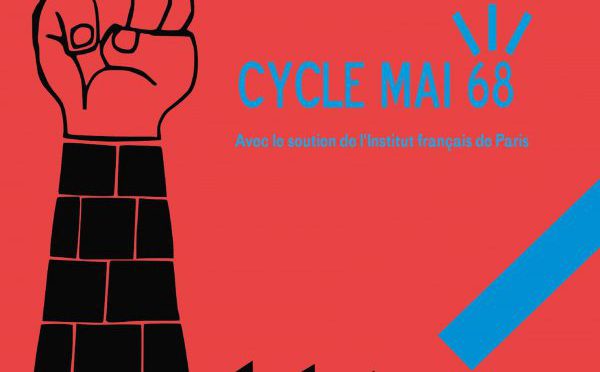Gellner Seminar
Jane Desmond ( University of Illinois ) will give a lecture within the Gellner seminar organized by the Czech Association for Social Anthropology (CASA– Česká Asociace pro Sociální Antropologii), the Czech Society of Sociology, in cooperation with the Institute of Ethnology of the Czech Academy of Sciences and CEFRES.
When: 16 May 2019, 4:30 pm
Where: Institute of Ethnology, conference room, 5th floor (Na Florenci 3, Prague 1)
Language: English
Abstract
Although the anthropological study of human medicine is a well developed field, research by anthropologists and sociologists on the structures and practice of medicine for animals around the world is a nascent field of inquiry. Yet, whether caring for cherished pets or working to contain the spread of zoonoses, or monitoring a nation’s food supply, veterinarians play a central role in most countries. In this presentation, based on preliminary fieldwork in two U.S. colleges of veterinary medicine, I map the relationships between client, patient, doctor, and technology, and the intersections of affect, species, money, scientific knowledge and cultural value when the patient is a dog… or a horse, or a cow, or even a snake. I conclude by raising questions about how the medical humanities and social sciences will have to expand to accommodate new notions of subjectivity, agency, narrativity, and ethnography in analyzing a more-than-human medicine.
Jane Desmond is Professor of Anthropology and of Gender and Women’s Studies, and Co-founder and Executive Director of the International Forum for U.S. Studies: a Center for the Transnational Study of the United States, at the University of Illinois at Urbana-Champaign, U.S.A.
Her primary areas of interest focus on issues of embodiment, display, and social identity, as well as transnational U.S. Studies. Her areas of expertise include performance studies, visual culture, the analysis of the U.S. in global perspectives, and the political economy of human/animal relations. She is the Founding Resident Director of the international Summer Institute in Animal Studies at UIUC, and Founding Editor of the _Animal LIves_ Book Series at the University of Chicago Press. In addition to academic publications, she has written about human-animal relations for a number of public venues such as CNN.com, The Washington Post.com, and the Huffington Post. The author or editor of five scholarly books, she holds a Ph.D. in American Studies from Yale, and most recently published the monograph _Displaying Death and Animating Life: Human-Animal Relations in Art, Science, and Everyday Life_ (University of Chicago Press, 2016). Her current book project is called Medicine Across the Species Line: Cultural Dimensions of Veterinary Medicine.




